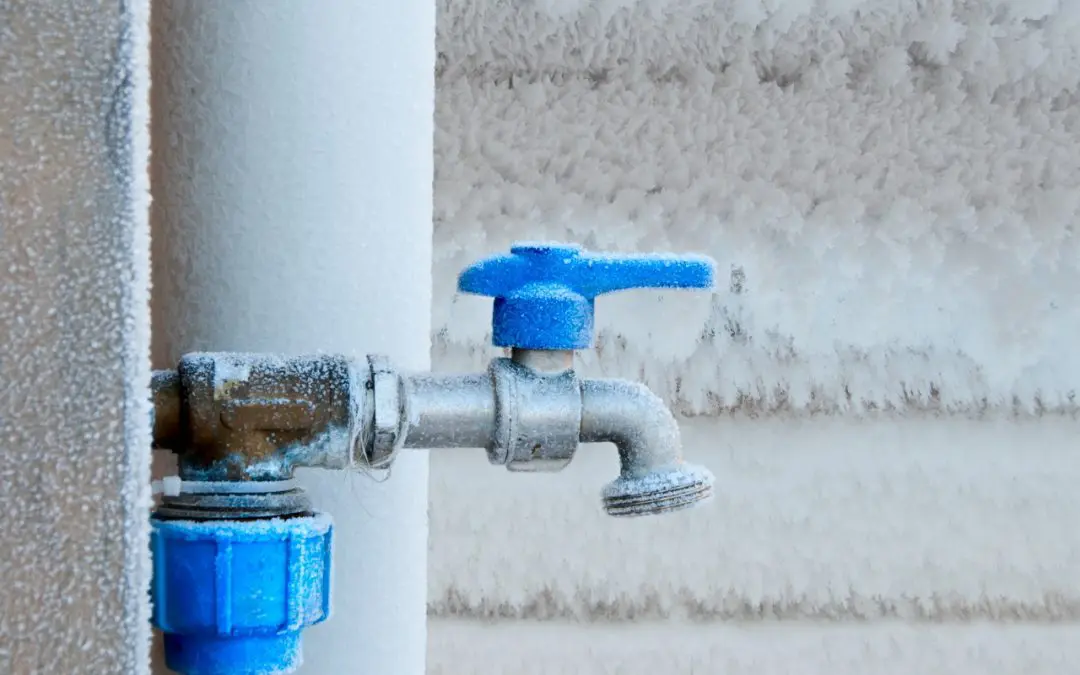Winter has arrived, and your plumbing system may need some extra attention. During winter, the drop in temperature can cause water in the pipes to freeze and possibly burst, leading to significant damage and costly repairs. As a homeowner, take proactive measures to prevent winter plumbing problems. Let’s discuss why pipes burst, how to identify signs of frozen pipes, and share practical tips to protect your plumbing in winter.
Ways to Protect Your Plumbing This Winter
Why Do Pipes Burst in Winter?
Understanding why pipes burst will help you take the necessary precautions to prevent it from happening. When water inside plumbing lines freezes, it expands and may damage or burst the pipes. Burst pipes lead to water damage and other issues, such as mold growth and structural concerns.
Signs of Frozen Pipes
Knowing the signs of frozen pipes can help you identify the problem early enough to take action and prevent significant damage. If your pipes are frozen, you will likely experience reduced water pressure or no flow. Your faucets have a slow trickle of water, or the water may come out in spurts. Exposed pipes may also show signs of frost or condensation. If you suspect that your water lines are frozen, take action to avoid a burst pipe.
5 Tips to Protect Your Plumbing in Winter
Preventing plumbing problems is easier and less expensive than repairing the damage caused by a burst pipe. Here are a few practical tips to help you avoid issues.
1. Insulate your pipes with insulation sleeves or heat wrap to protect the water lines from the cold. Heat wraps plug into an electrical outlet to provide steady warmth to the pipes.
2. Keep your home’s temperature at 55°F or above, even when you are away. Use a programmable thermostat to maintain a consistent temperature.
3. Allow a slow flow of water to drip from the faucets during the coldest parts of the day. Even a slow drip helps relieve pressure and prevent the pipes from freezing.
4. If your pipes are behind closed cabinet doors, open them to allow temperature-controlled air to circulate and warm the plumbing.
5. Shut off the water supply to your exterior faucets and drain the pipes to prevent water freezing in the water lines.
Winter weather can be challenging for your home’s plumbing system, but you can avoid problems by taking preventive measures. If you suspect your pipes are frozen, don’t hesitate to call a professional to help prevent issues. Caring for your plumbing system during winter will save you from costly repairs and allow you to enjoy a warm, comfortable, trouble-free home.
Five Stars Home Inspection provides inspection services for homebuyers and sellers in the Greater Boston area. Contact us to schedule an inspection.

